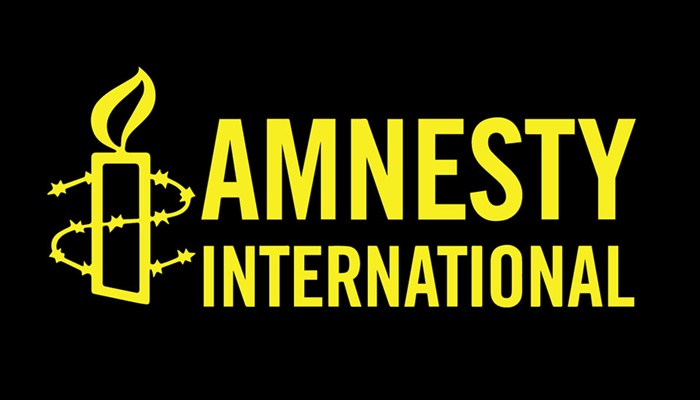Nigeria: Amnesty Intl says hundreds forcibly disappeared to instil fear
Enforced disappearances are being used to instil fear into civilian population living in areas of the country wracked with conflict and insecurity, said Amnesty International as the world marks the International Day of the Disappeared on 30 August.
The organisation fears that hundreds of people are being held in secret detention – a conduct prohibited under the International Convention for the Protection of All Persons from Enforced Disappearance, to which Nigeria is a state party – across the country by the Nigerian authorities and calls on the government to release details on the fate and whereabouts of all those who have disappeared.
According to Amnesty International “Many families of the victims of enforced disappearance spend painful years searching for justice, truth and reparation but are ignored or misled about the fate of their relatives.
“The authorities must do the right thing now, by releasing all of them or disclosing information about their fate or whereabouts” said Osai Ojigho, Director of Amnesty International Nigeria”.
According to Amnesty International research, most enforced disappearances take place in the conflict-ridden north-east of Nigeria where young men are often seized by the military after being accused of affiliation to the armed group Boko Haram.
The organization said it obtained details of men, women and children victims of enforced disappearance in other parts of Nigeria.
“According to figures provided by the Islamic Movement of Nigeria, at least 600 of their members’ whereabouts is not known since the clashes with the military in December 2015 in Zaria, Kaduna state. More than 350 people are believed to have been unlawfully killed by the military between 12 and 14 December 2015.”
Amnesty International said families of some of the victims told the organization about their painful ordeal of years in search for justice. “For example, Malama Zainab Isa said that her husband, Abdullahi Abbas, and their six (6) children’s whereabouts or fate is not known since the night of December 14, 2015 following the clashes in Zaria”.
AI quoted the woman as saying, “He sells books at the Husainiyyah where the clashes took place. All six of our children were with him that day. Up to now we don’t know their fate. We don’t know whether the seven (7) of them are alive or dead and no one is giving us any information that can ease our pain.”
Ibrahim Aliyu, who said his three brothers’ whereabouts or fate is not known since 2012 after arrest by state security services also told AI that, “Before my three brothers disappeared, we used to contribute money to support our extended family.
“Now, without them, the burden is entirely on my shoulder. I have to do everything; take care of their families and provide for our mother. Our mother is now perpetually sick, because she thinks a lot about my brothers’ fate. Sometimes I feel I can’t bear the pain anymore.”
On the International Day of the Disappeared, Amnesty International said it is calling on the Nigerian authorities to investigate all cases of enforced disappearances and bring all those suspected of criminal responsibility to justice in fair trials before ordinary civilian courts without recourse to death penalty.
In addition, it said the authorities must provide full reparation to victims and their families, including compensation, rehabilitation, restitution, satisfaction and guarantee of non-repetition.
“We call on authorities to investigate cases of enforced disappearance across Nigeria to end this crime under international law that makes the victims vulnerable to torture and other human rights violations,” said Osai Ojigho.
“The families of the victims of enforced disappearance have already waited too long for answers. They deserve justice, truth and reparation now.”
Giving a background to the issue of disappearance, AI said, “Enforced disappearances are perpetrated by state agents or people acting on their behalf. The deprivation of liberty is then followed by a refusal to acknowledge that the individual is being held, or the deliberate concealment of his or her fate or whereabouts, placing the person concerned outside the protection of the law.
“Disappearances frequently follow a pattern: once arrested, the victims almost never appear before a court and there is almost never a record of their “crime” or their detention.
Once out of the public eye, individuals subjected to enforced disappearance are at great risk of ill-treatment, torture and even death.
“Nigerian authorities must ensure that victims and their families are told the truth and that they are provided with full and effective reparation to address the harm they have suffered,” added Amnesty International”.




